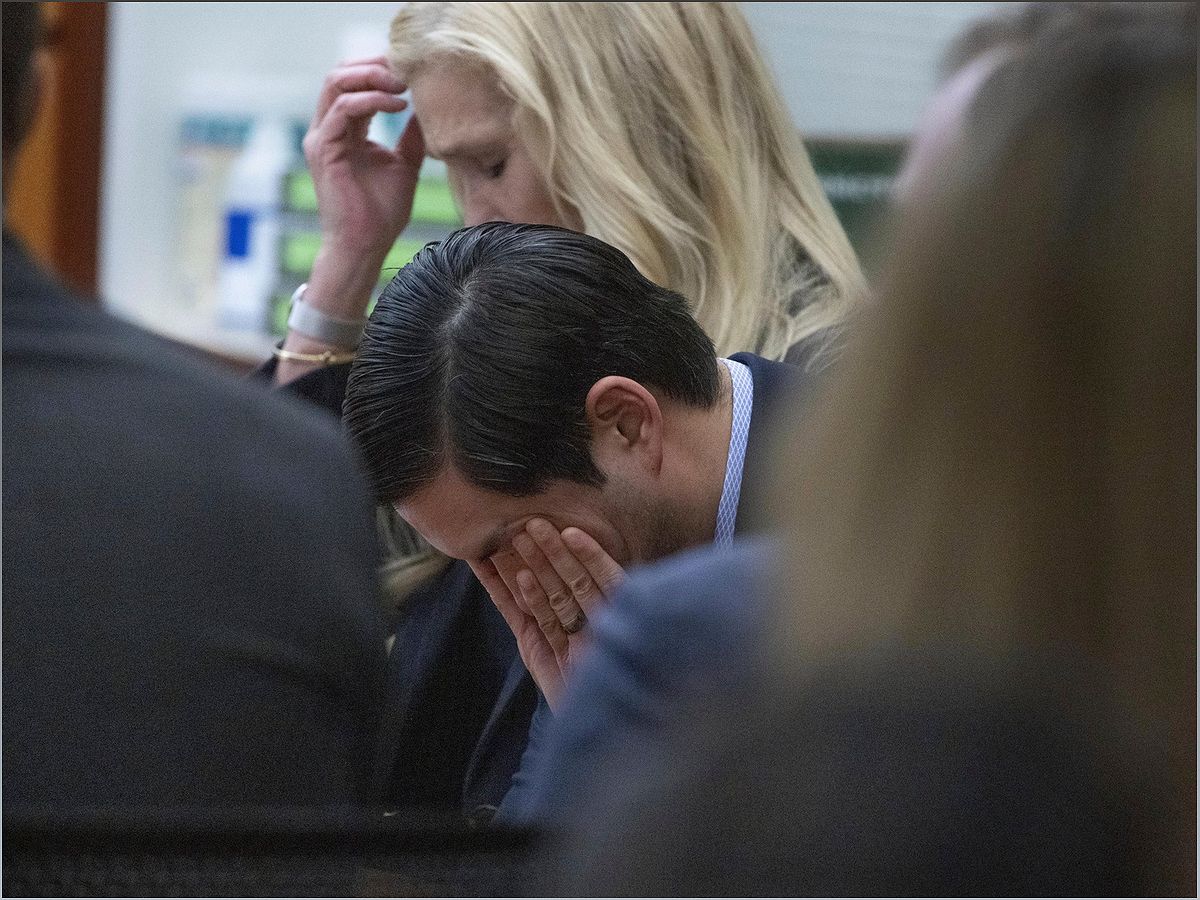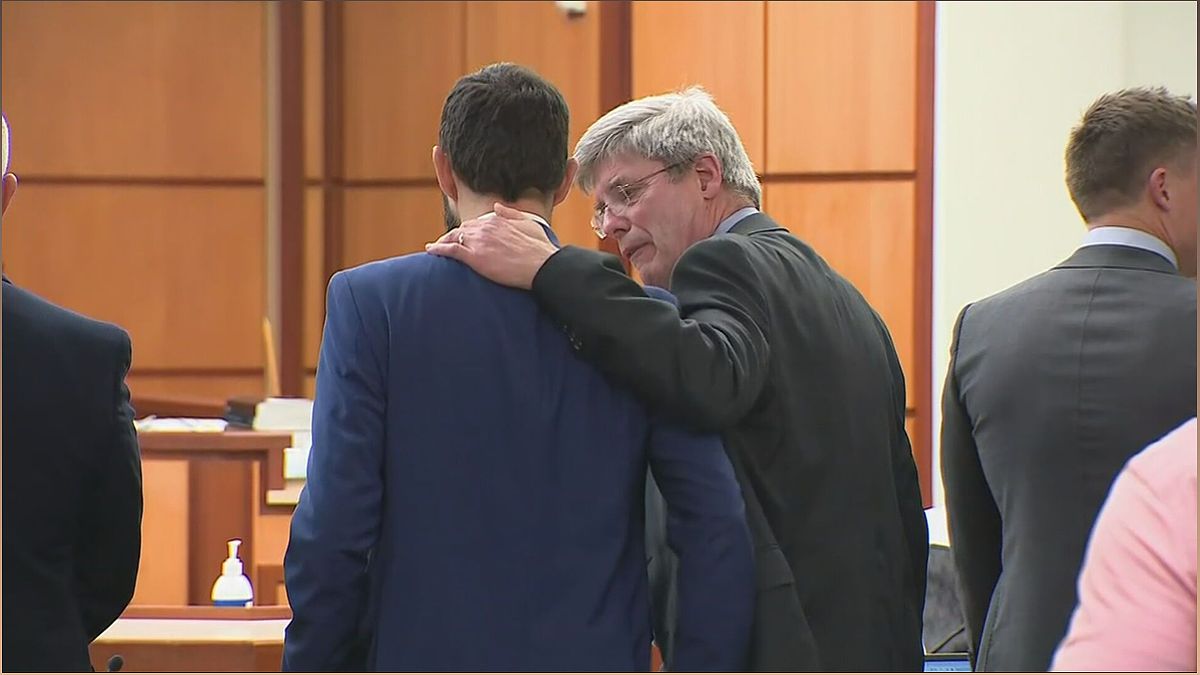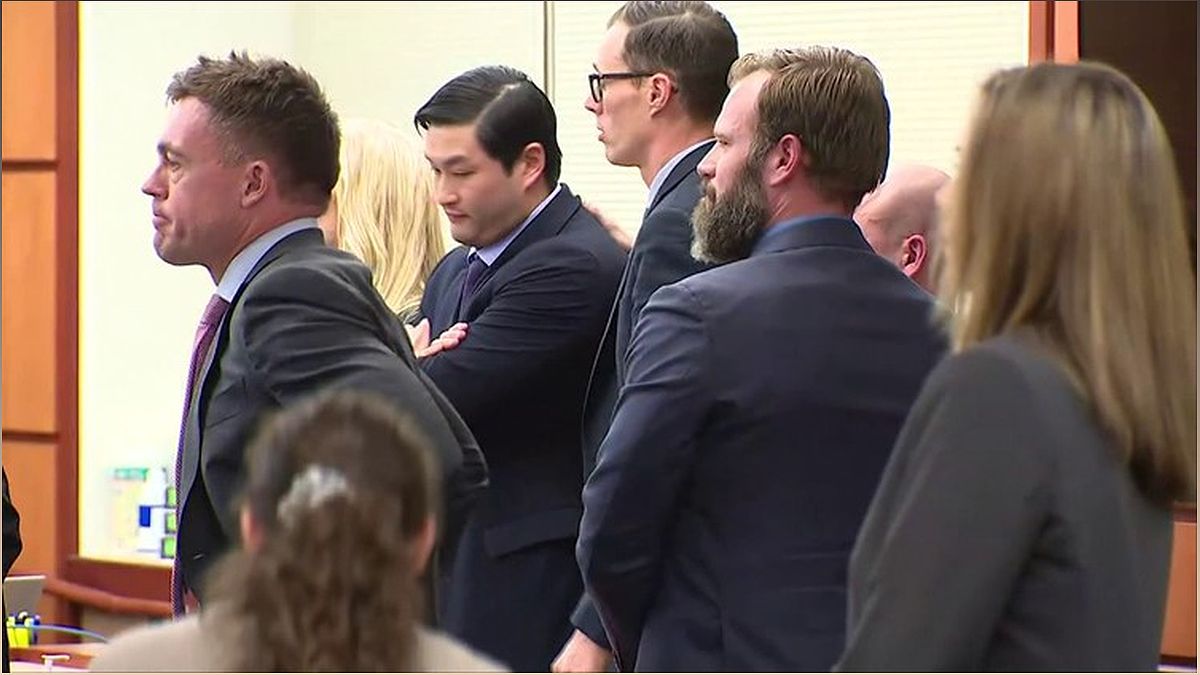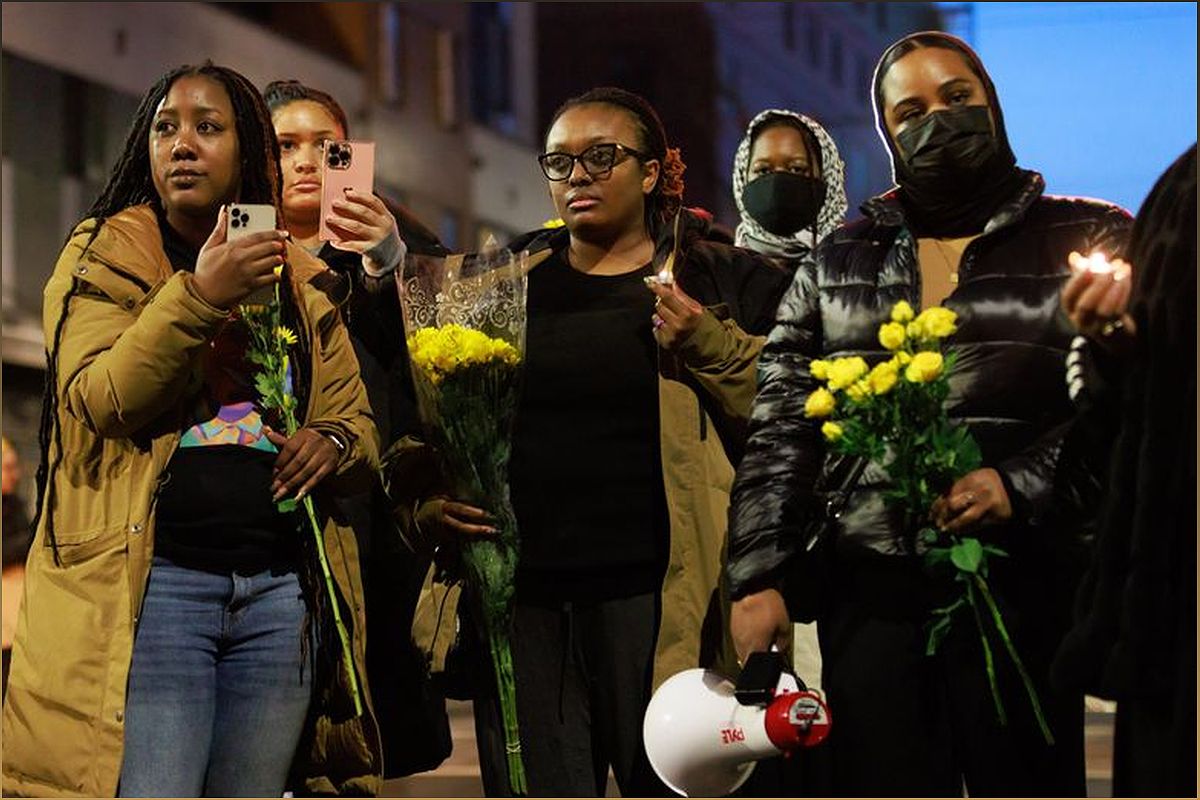Not Guilty Verdict for Officers in Manuel Ellis Killing: A Controversial Decision
In a highly controversial decision, three police officers in Washington state have been found not guilty of all charges in the killing of Manuel Ellis, a Black man whose death drew comparisons to the murder of George Floyd. This verdict has sparked outrage and raised questions about police accountability and racial justice. The trial revealed disturbing video footage of the officers using excessive force on Ellis, including a chokehold and stun gun. While the defense argued that Ellis’s death was due to methamphetamine and a heart condition, prosecution witnesses testified that the officers were the aggressors. This case highlights the ongoing struggle for justice and the need for systemic change in law enforcement.
The Controversial Verdict
The recent not guilty verdict for the three police officers involved in the killing of Manuel Ellis has ignited a wave of controversy and outrage. Many are drawing comparisons to the George Floyd case and questioning the accountability of law enforcement.

The trial revealed disturbing video footage of the officers using excessive force on Ellis, including a chokehold and stun gun. Despite this evidence, the defense argued that Ellis’s death was a result of methamphetamine and a heart condition. However, prosecution witnesses testified that the officers were the aggressors in this tragic incident.

This verdict raises important questions about police accountability, racial justice, and the need for systemic change in law enforcement. It is crucial to examine the implications of this decision and continue the fight for justice.
The Role of Video Footage
One of the key factors in the trial was the video footage that captured the officers’ actions towards Manuel Ellis. This evidence played a crucial role in shedding light on the excessive force used by the officers, including the use of a chokehold and stun gun.

Video evidence has become increasingly important in cases involving police misconduct, as it provides a visual record of events and can counteract conflicting narratives. It holds law enforcement accountable and allows the public to witness the reality of these incidents.

The presence of video footage in the Manuel Ellis case has sparked conversations about the power of technology in exposing injustice and the need for increased transparency within law enforcement agencies.
The Methamphetamine Defense
The defense in the trial argued that Manuel Ellis’s death was a result of a lethal dose of methamphetamine and an existing heart condition. They claimed that the officers’ actions were not the cause of his demise.
However, the prosecution presented evidence that challenged this defense, highlighting the officers’ use of excessive force and the unprovoked effort to subdue Ellis. Witnesses testified that the officers were the aggressors in this tragic incident.
The methamphetamine defense raises questions about the portrayal of victims in cases involving police brutality and the impact it can have on the perception of the events.
Calls for Police Accountability
The not guilty verdict in the Manuel Ellis case has reignited calls for police accountability and systemic change. It has further highlighted the need to address issues of racial bias and excessive use of force within law enforcement.
This verdict comes in the wake of widespread protests for racial justice and police reform, sparked by the murder of George Floyd. It underscores the urgency of addressing these systemic issues and working towards a more just and equitable society.
The fight for police accountability continues, with activists and advocates pushing for meaningful change in policies, training, and oversight to prevent future tragedies like the killing of Manuel Ellis.
